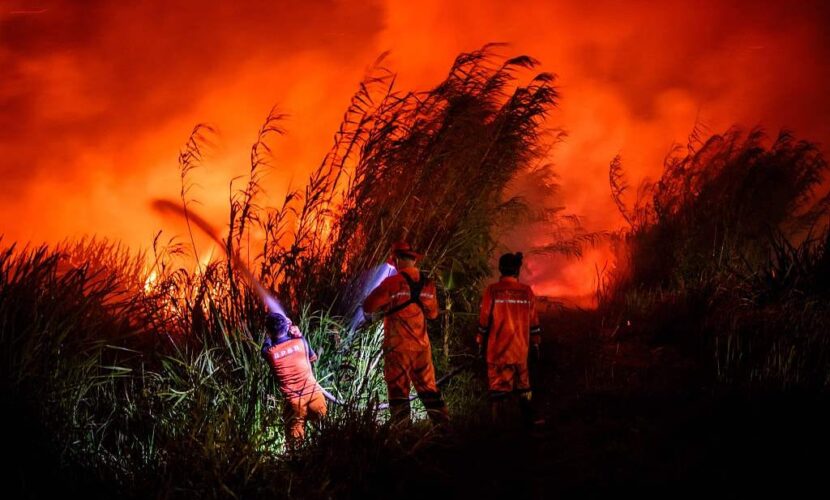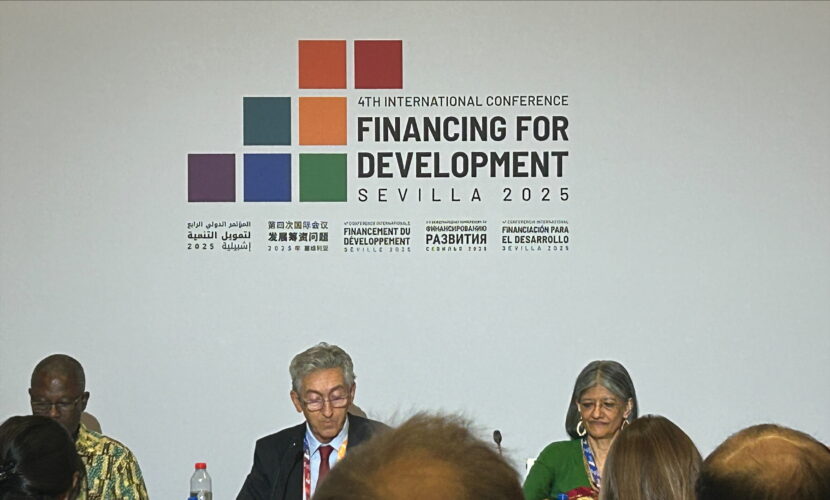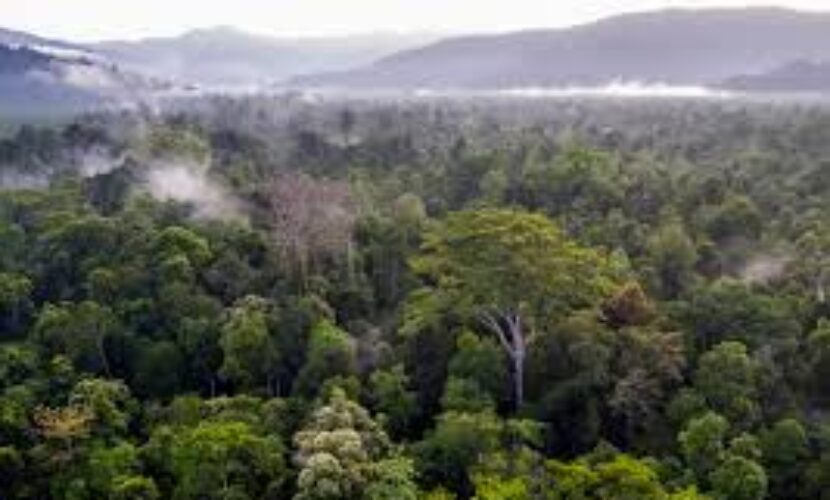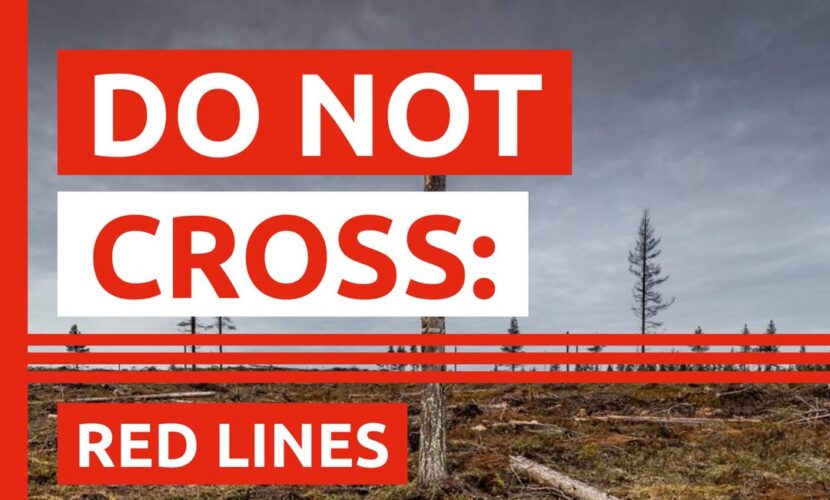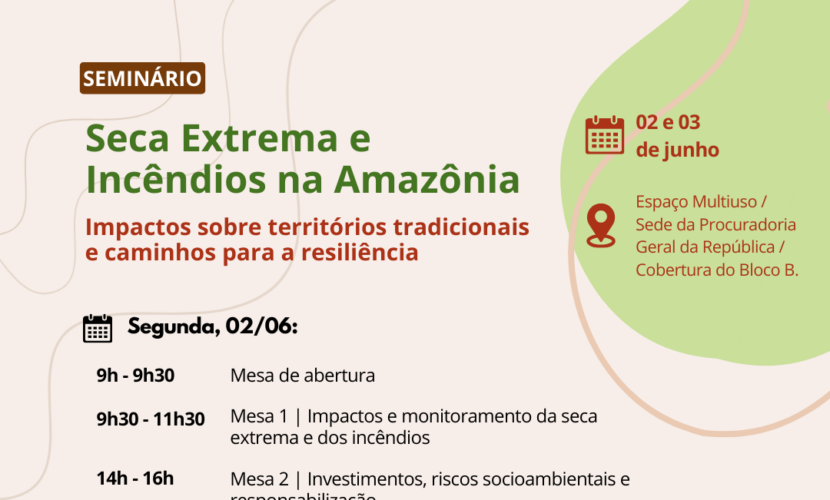最新記事&分析
The TNFD shows that global corporations will not solve the biodiversity crisis
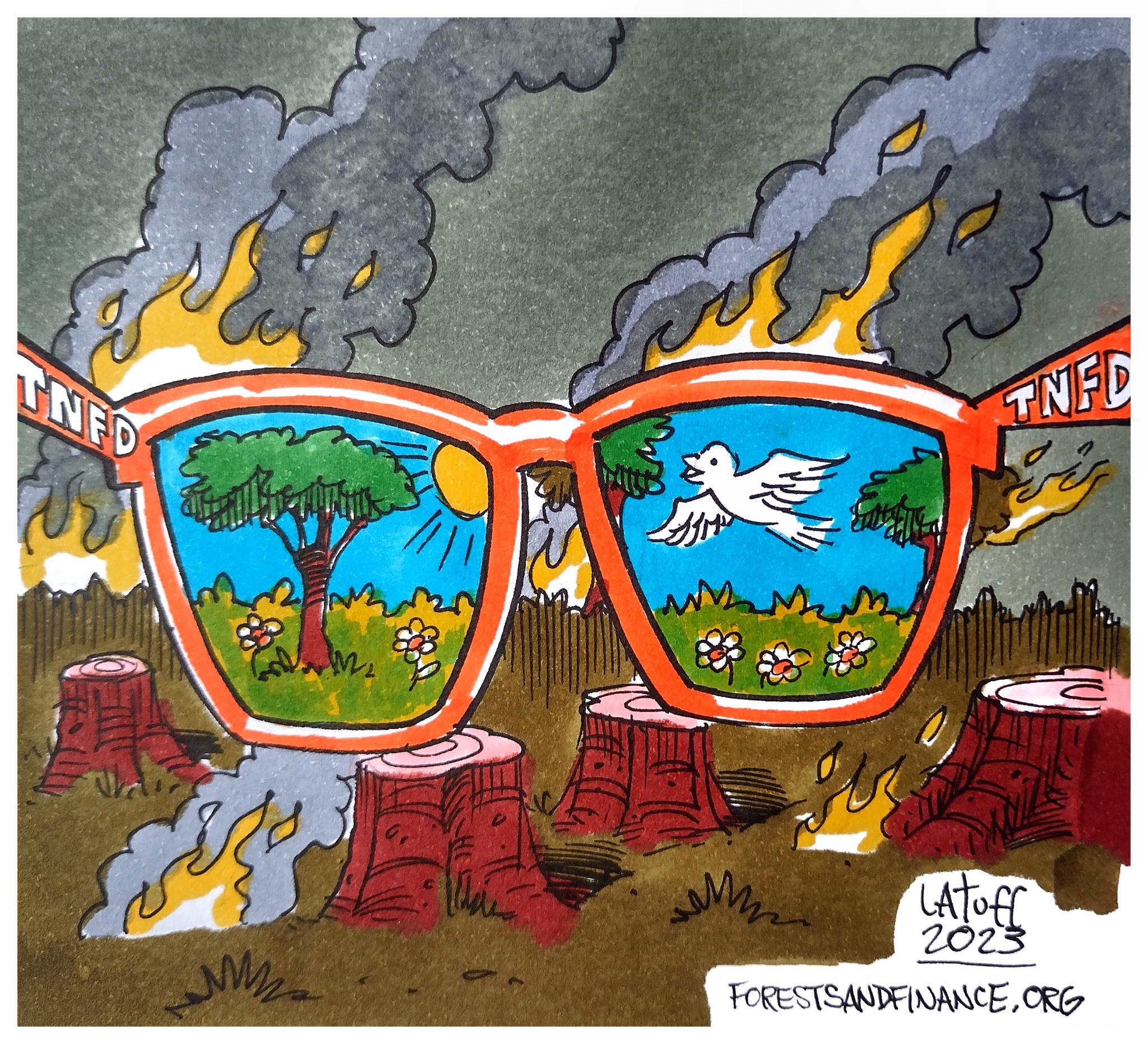
Today 62 civil society organizations and networks – whose members include over 370 groups across 85+ countries on six continents – have sent an open letter to the Taskforce on Nature-related Financial Disclosures (TNFD) highlighting that its final draft fails to address some of its worst flaws that will facilitate greenwashing. The letter was also signed by three winners of the Goldman Environmental prize. The letter is timed to align with the closing of the TNFD’s feedback process on tomorrow, 1 June, before it releases its final framework in September 2023. This is the latest in a series of CSO and rights holder open letters, press releases and statements raising concerns about the TNFD since May 2022.
The TNFD is a taskforce solely made up of 40 global corporations, including several that have come under fire for their environmental and human rights practices. The TNFD is developing a framework on how companies should report on their biodiversity risks and impacts. While it is a voluntary initiative, many in its inner circle have advocated for the TNFD framework to be made mandatory and adopted into national law and even international frameworks. It is also backed by two UN agencies and receives government funding. The taskforce includes some of the world’s largest fossil fuel financiers and businesses persistently linked to deforestation or human rights harms.
The open letter discusses a range of issues with the TNFD’s proposed framework and broader processes. It highlights that TNFD reports will not have to include information on where companies are facing allegations of harming biodiversity or environmental defenders. The data in reports will also be unverifiable and companies will not need to report their lobbying against new laws that help protect nature. The framework will not allow communities affected by biodiversity harms to even know the name of companies who are buying from, or financing, activities in their area. Finally, the letter highlights that the TNFD has failed to respond to academic research that re-pricing biodiversity risks is more likely to impact lower and middle-income countries, not richer countries.
The open letter also reiterates concerns raised in October 2022 on “the role of UN agencies that have co-founded, backed or funded TNFD, as their involvement would seem to violate their duties and obligations to respect human rights and fair decision-making.”
The open letter is available in English, Spanish, Portuguese, Bahasa Indonesia, French and Chinese.
For further questions please contact Shona Hawkes adviser at Rainforest Action Network on +61 413 100 864 or at shona@ran.org
Quotes:
“The TNFD doesn’t require financial institutions to say who or what they are financing or provide any detail about how their financed activities impact on biodiversity and the people who protect it – instead it lets them hide behind empty reports and masks their complicity in nature destruction.” – Hannah Greep, Banks and Nature Campaign Lead, BankTrack
“Who is the TNFD for? Certainly not the environmental defenders and everyday people who are standing up against abusive corporate practices. Many global corporations – including many who sit on the TNFD – have persistently ignored the actual change that the real leaders on biodiversity are calling for.” – Tarcísio Feitosa, Goldman Environmental Prize winner, Brazil
“Scientific research has made clear that the biodiversity crisis will only be stemmed if we stop all new fossil fuels, reduce industrial livestock, and respect and center the leadership of Indigenous peoples, women’s organizations, peasants, and environmental defenders. And yet the TNFD – a purported solution to the crisis – doesn’t even recommend that a company disclose when it is facing complaints about its risks and impacts on biodiversity and the people who protect it. This is greenwashing par excellence.” – Moira Birss, Climate Finance Director, Amazon Watch
“Months ago NGOs described TNFD as the ‘next frontier in greenwashing’. Very little has changed.” – Cassie Dummett, Head of Forests Campaign, Global Witness
“Nature has an intrinsic right to exist, to thrive. We need to celebrate, learn from and revere the natural world. The trees that give us the air we breath, the waters that sustain life, the insects that make the soil we rely on for food. The TNFD is a distraction. It speaks of disclosure rather than the actual changes we need. It says nothing about corporations needing to stop financing fossil fuels, to stop deforestation, to stop dangerous experiments like deep seabed mining. It does not include the knowledge and rights of Indigenous Peoples, women and communities at the forefront of biodiversity protection.” – Osprey Orielle Lake, Executive Director, Women’s Earth and Climate Action Network (WECAN)
“We are facing a major biodiversity crisis, where the very survival of much of life on earth stands at an urgent crossroads. What we need are transformative solutions, not corporate greenwashing.” – Merel van der Mark, coordinator of the Forests & Finance Coalition
“Under the TNFD’s proposed framework corporate ‘disclosures’ on biodiversity won’t cover if a company is facing allegations of environmental destruction, if it’s lobbying against new laws to protect nature or if it is dramatically scaling up how much land it’s using. Already we can see the TNFD’s work being championed in ways that distract from, and undermine, the real solutions to the biodiversity crisis. This includes calls that key to solving the crisis is ensuring that corporations face meaningful consequences under the law for harming lands, waters, forests and wildlife, and the people who protect them. We remain shocked that UN agencies have backed and funded a process that appears to so clearly contravene their own guidance and advice.” – Shona Hawkes, advisor, Rainforest Action Network
